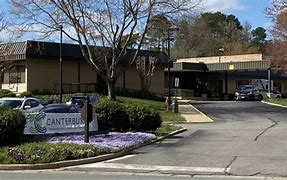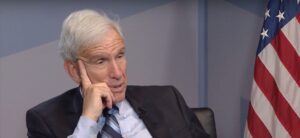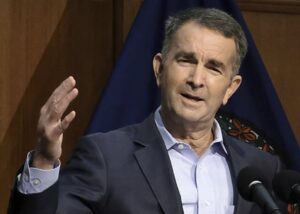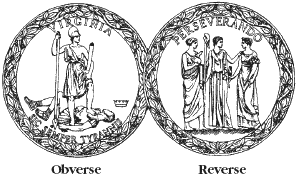
Paul Krizek (D-Pamunkey Nation)
by James C. Sherlock
We know what is going to happen.
Dr. Daniel Carey M.D., Virginia’s Secretary of Health and Human Resources, will soon apply to the federal government for funding for substance abuse prevention grants.
He knows.
He plans to tell the federal government that additional people, mostly poor and Black, are going to suffer and die from mental illness and substance abuse because we legalized marijuana, casinos and sports betting.
But apparently we did it for a good cause — equity — or so some say.
The opening statement of that draft application reads:
Statewide Impact of COVID-19 Pandemic on Behavioral Health and Substance Use
The unprecedented COVID-19 pandemic and the resulting health impact, uncertainty, social isolation, and economic distress are expected to substantially increase the behavioral health needs of Virginians. Increased alcohol, substance use, including increased overdose rates are key concerns, as well as COVID-19 impacts already evident in Virginia.



 by James C. Sherlock
by James C. Sherlock




 by James C. Sherlock
by James C. Sherlock

